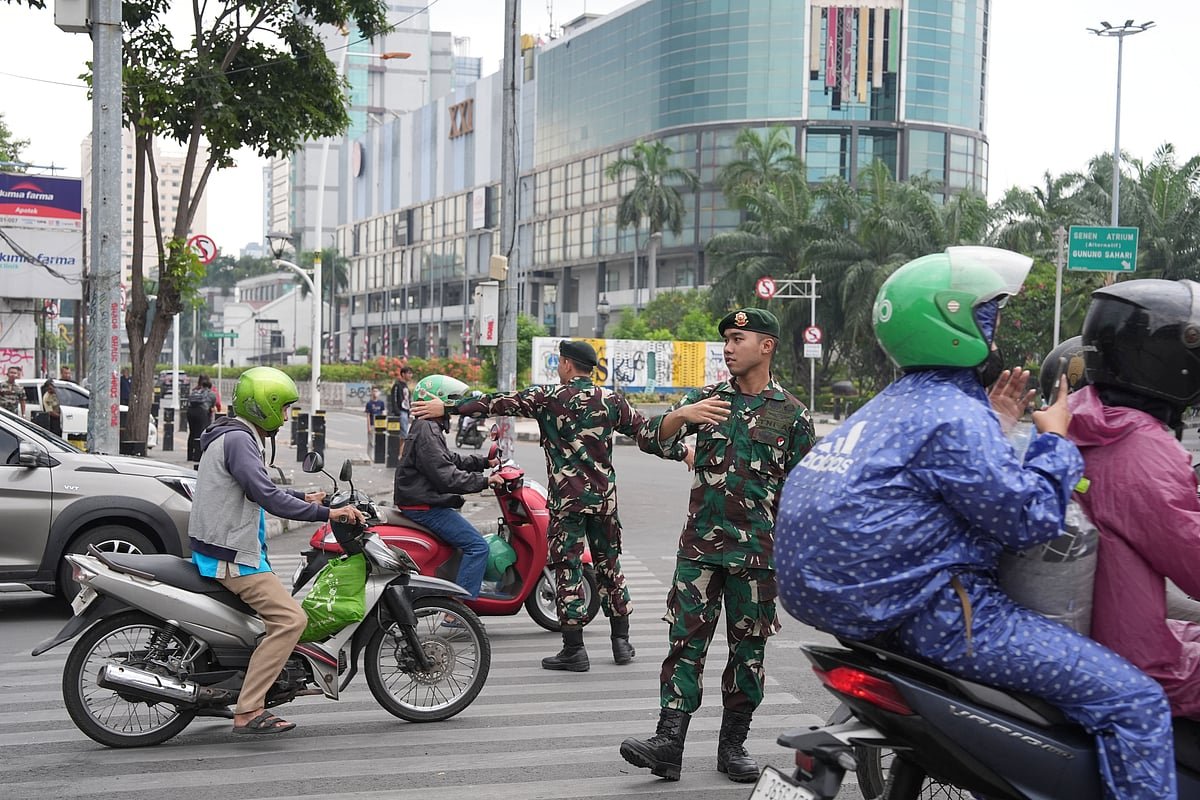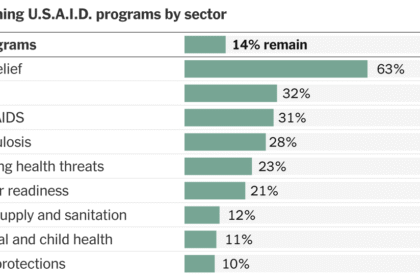Indonesia’s “political risk will rise, and so will the equity risk premium,” said John Foo, founder of Valverde Investment Partners Pte. in Singapore. “We are underweight on Indonesia as the valuations do not reflect the underlying issues in the economy.”
Protests there were sparked by outrage over lawmakers’ housing allowances— nearly 10 times the monthly minimum wage in Jakarta — and fueled by tax hikes, mass layoffs, and inflation that have disproportionately hit lower-income Indonesians. On Sunday, Prabowo announced parliament will remove the hefty lawmaker perks.
Thailand has struggled for decades to overcome political infighting, contributing to slower economic growth compared with regional rivals. Anutin Charnvirakul, a conservative politician, claimed late Friday to have sufficient support from lawmakers to become prime minister, saying the nation must not “come to a standstill.”
Valverde’s Foo was comparatively sanguine about Thailand, citing cheap valuations and the hope that a new prime minister will stimulate the economy. “The market is ready for a change in PM in Thailand,” he said.
Indonesia’s stock market attracted a net $676 million from foreign investors in August, according to data compiled by Bloomberg. In contrast, they pulled $670 million out of Thailand. So far this year, Thai stocks have dropped about 10% while the Indonesian equity market is up roughly 11%, achieving a record high before the unrest erupted.




